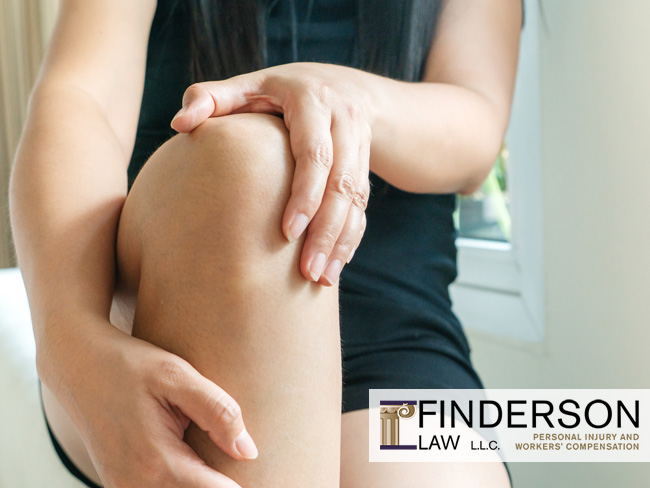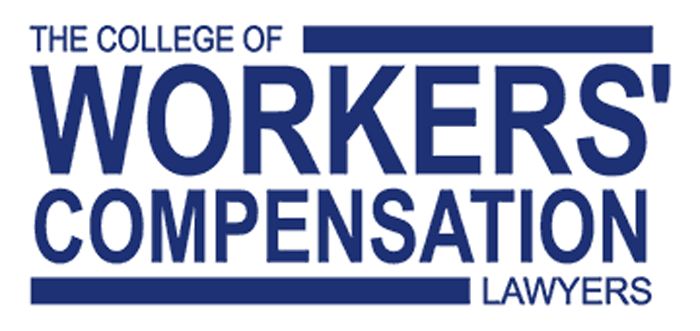Can you receive workers’ compensation after a muscle strain or sprain on the job?
Muscle strains are a common result of lifting objects with your back instead of your legs. Ligament strains might also occur if you use poor lifting techniques or try to lift objects that are heavier than you can reasonably handle. In severe cases, you may experience a full tear of a muscle, ligament and tendon.
Even if you spend your day staring at a computer or in an office, you could still experience overexertion through eye strain, headaches or other neurological impairments. Ideally, you’ll look away from your screen at least once every 20 minutes to minimize damage to your eyes.
It’s also a good idea to give your hands a break from typing every few minutes to minimize the risk of developing carpal tunnel syndrome. Carpal tunnel syndrome is caused by a pinched nerve in your wrist that can lead to numbness in your hand.
How common are occupational overexertion injuries?
According to the National Safety Council (NSC), 84 percent of all workplace injuries that resulted in time away from work were caused by overexertion. Furthermore, the NSC reports that back pain was the most commonly reported injury caused as a result of repetitive motions, such as lifting or pushing. Back injuries at work are most likely to impact workers between the ages of 45 and 64.
How overexertion injuries can affect your life
Muscle tears, headaches and other forms of chronic pain can have a significant impact on your personal and professional life. For instance, chronic back pain may make it difficult to fully fall asleep at night, which can have significant consequences for your mental health. A lack of quality rest has been linked to an increased risk of getting into a car crash, making mistakes at work or straining relationships with colleagues.
It’s common for workers to use drugs or alcohol as a tool to dull the pain that they experience after a workplace injury. However, relying on controlled substances may only worsen your insomnia, a mental health issue or physical health issues that you’re trying to manage.
It’s also worth noting that you could face criminal charges for using drugs such as marijuana without a doctor’s permission. In the event that you are convicted of a drug crime, it may be harder to return to the workforce since employers tend to shy away from applicants who have a criminal record.
Can you get workers’ compensation for a workplace overexertion injury?
If you are hurt at work for any reason, Indiana workers’ compensation law likely allows you to obtain compensation for medical bills and lost wages. In most cases, you won’t receive a financial award for lost future earnings, pain and suffering and other damages that might be available in a personal injury proceeding. However, an exception might be made in the event that your injuries were caused by willful negligence on the part of your employer.
If you have a PPI of 80, it would mean that only 20 percent of your body is expected to function normally for the rest of your life. The PPI figure is multiplied by the amount awarded for your given rating. Let’s say that your PPI is 36 and that the state awards $2,700 for those who have an injury rating between 35 and 50. In such a scenario, you would be entitled to an award of $97,200.
In the event that the state declares you totally disabled, your financial award is based on your average wages during the 52 weeks preceding your injury. Your average wage is then multiplied by .667 to determine how much you’ll receive while your case is pending. That figure can then be multiplied by 500 to calculate the full amount of your permanent disability award.
When to consult an Indiana workers’ compensation lawyer
A workplace injury can have a significant impact on your life, and it’s important that it gets treated in a timely manner.
This may be done by ensuring that your workers’ compensation application is filled out properly or by compelling your employer to process your claim in a reasonable amount of time. Additionally, if your claim has been denied, an attorney can assist with the appeals process as well.




 744 E Till Rd, Suite 102
744 E Till Rd, Suite 102

